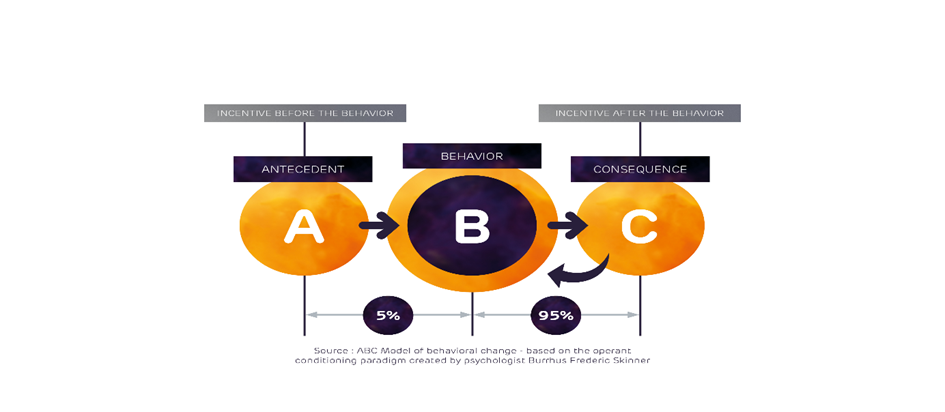Steven Claes, CHRO at a European stock quoted developing investor in logistics real estate (Montea), is a purpose-driven leader harmonizing business objectives with workplace culture. His credentials, including a Law & Taxation Master’s from Katholieke Universiteit Leuven, Vlerick Business School accreditations and Better Minds at Work coaching credentials, have fuelled his influential roles across global companies as Tessenderlo Group, SWIFT, Chiquita, amongst others. Acknowledged as a LinkedIn Top Voice in (thought) leadership, Steven champions culture-centric businesses. Despite his humility, Steven’s proficient use of platforms to ignite discussions on strategy and leadership underscores his tangible impact in promoting a culture-centred approach. Steven continues to enlighten the HR world, leading the way in demonstrating its influential role in shaping tomorrow’s business landscape, connecting talent with success & stories.
In the Human Resources realm, the term “employee experience” has steadily taken centre stage as a core focus area. Curating this employee journey, from onboarding to departure, forms the cornerstone of modern HR practices. An indispensable part of this reciprocal relationship between employee and employer is the acknowledgement of efforts and contributions – known as recognition.
In this age of virtual environments and remote work, recognition has become even more pivotal. It plays an essential role in threading a sense of connection throughout remote work dynamics. The rise of peer-to-peer recognition programs has significantly contributed to an environment where the focus shifts towards reinforcing unity, fostering a positive cycle of acknowledgement.
A shift in management mindset has also been unmistakable. To ensure the efficacy of recognition, it must be catered to individual preferences and the requirements of employees. Gone are the days when annual recognition and feedback were the norm. Today, real-time, frequent recognition, delivered instantly upon observing desired behaviours, has proven to be a breakthrough approach.
The digital realm has not hesitated to embrace this transformation. With digital recognition platforms, the process of acknowledging contributions and accomplishments has become streamlined and regular, especially amid the rise of decentralized teams and remote working.
A central change in recognition practices is the alignment of recognition with the organization’s purpose. By rooting recognition in the company’s mission and vision, we emphasize the true value an employee brings to the organization – thereby enhancing their sense of accomplishment and satisfaction.
Engagement and recognition constitute the central themes in contemporary HR practices. The primary focus is on harmonizing the values of the employee and the company, maintaining a congenial and goal-oriented workplace culture. The value of this approach lies in how it positively influences employee engagement by nurturing a sense of purpose, mastery of their roles, and autonomy in their work.
This brings us to the ABC model – Behaviour is a function of its Consequences. The premise is straightforward – “A” or Antecedent is a trigger, “B” for behaviour, and “C” denotes consequence. By modelling recognition as a consequence that positively reinforces desired behaviours, we cultivate a company culture that actively promotes and celebrates individual and team accomplishments.

Consider the case of Alice, a graphic designer who consistently delivers high-quality work within tight deadlines (Behaviour). Alice’s manager publicly acknowledges her efforts during the team meeting (Consequence), enhancing her motivation, satisfaction, and sense of appreciation (Result). Alice’s colleagues, inspired by her achievements, display improved work attitudes, and a more supportive work environment (Event).
Performance management, often not considered hand-in-hand with recognition, shares an intrinsic linkage with it. Recognizing and rewarding desired behaviours, along with their results, should be ingrained within the performance management process.
In today’s rapidly evolving work environment, embracing disruption and transformation can create a feedback mechanism that supports alignment with a company’s vision. The advent of new technologies, combined with agile work methodologies, provides fertile ground for delivering immediate, actionable feedback, thereby nurturing a culture of recognition.
In conclusion, recognition is an integral component of the employee experience. By tailoring it to be personal, agile, and aligned with the company’s vision, we create an environment conducive to elevated engagement, motivation, and a positive company culture.

